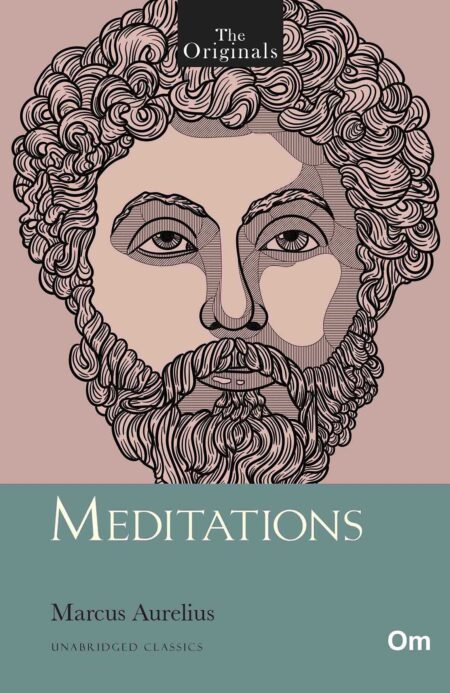Marcus Aurelius
Born on 26 April 121 CE, Marcus Aurelius was the Emperor of Rome from 161-180 CE. Considered the last successor of the ‘Five Good Emperors’, who were from the Nerva-Antonine dynasty, he was associated with the Golden Age of the Roman Empire.
Best known for his widely acclaimed philosophical notes, Meditations, the Emperor was a practitioner of Stoicism. Well-versed in Greek and Latin, he chose to record his reflections in Greek. Written at a turbulent time when he was securing the trans-Danubian frontiers against German invasion, the reflections were personal and a means for selfimprovement and guidance for the Emperor-Philosopher.
Celebrated for nobility of character and his philosophical achievement embodied in Meditations, Marcus Aurelius died in 180 CE, marking the end of Pax Romana, the period of peace and stability, for the Roman Empire.
